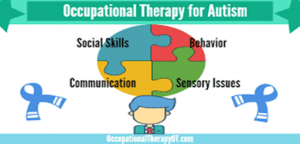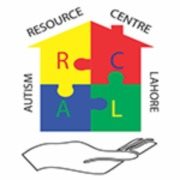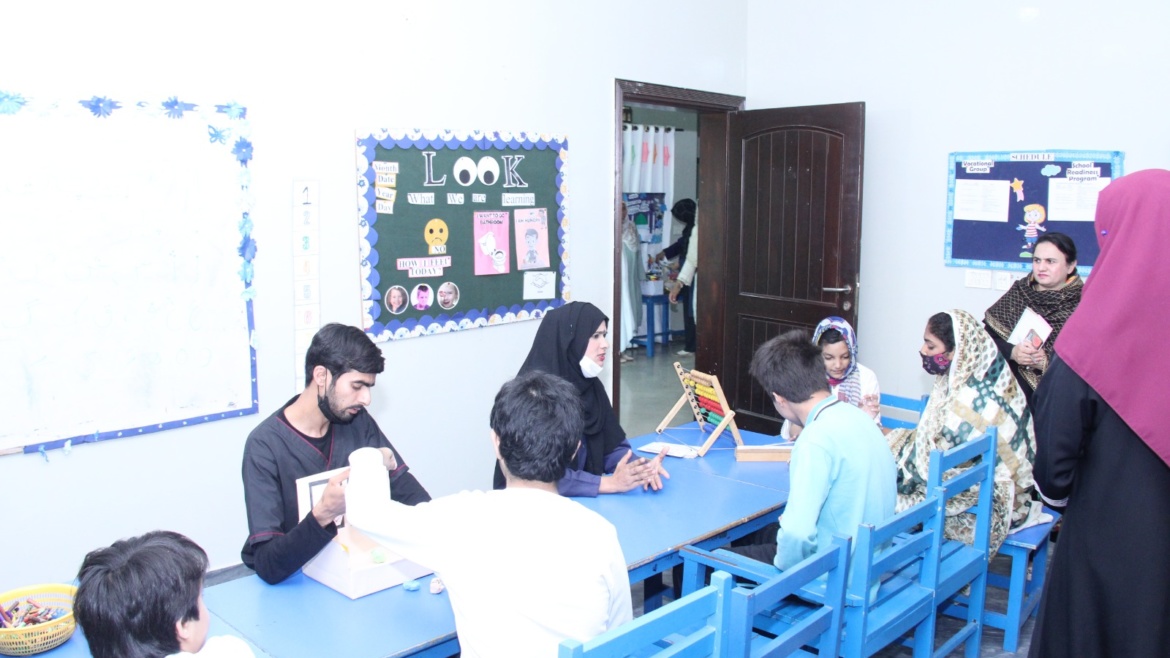ARCL provides the services of occupational therapy and sensory integration therapy as well. These therapies aim to enable child independence in most of his occupations including self-help and play. Occupational therapists at ARCL help children and families adapt to the challenges of everyday life. Through occupational therapy, it is intended to help children to maintain their daily living and adaptive skills and to develop new skills.
Occupational therapists use a technique called sensory integrative therapy to help kids with autism spectrum disorder who have sensory processing disorder (sensory issues)as well.
Autism’s sensory issues can involve both hyper-sensitivities (over-responsiveness) and hypo-sensitivity (under-responsiveness) to a wide range of stimuli.
These can involve:
-
- Sights (visual stimming, sideways, cover eyes)
- Sounds (cover ears, shout to hear heavy noise)
- Smells (smell every object, avoid smells)
- Tastes (eat only specific food)
- Touch (don’t like to wear clothes and shoes, don’t like to brush hairs,)
- Balance (can’t walk properly due to lack of coordination and balance)
- Body use(hand flapping, teeth grinding, peculiar finger movements)
For example, many people on the spectrum are hypersensitive to bright lights or certain light wavelengths (e.g. from fluorescent lights). Many find certain sounds, smells and tastes overwhelming. Certain types of touch (light or deep) can feel extremely uncomfortable.
SENSORY INTEGRATION THERAPY
- Provide sensory stimulations (sensory diet) according to the child’s need.
- Tactile (exposure to different textures)
- Proprioception (Therapeutic brushing, joint approximation, joint compressions)
- Vestibular (balance on balance beam and on gym ball)
- Provide opportunities to use different senses at a time to perform an activity.

How can Occupational Therapy at ARCL help?
Together we will identify the child’s and family’s priorities to set goals so we are all working together in the same direction. Ways we may help could include:
-
- Individual or group treatment sessions for children, according to their needs to increase their development, skills, and independence
- Overcome sensory issues and help the child to use senses accurately.
- Providing activities for families to carry out to improve the child’s skills.
- Advising how to adapt activities so children can carry them out independently.

